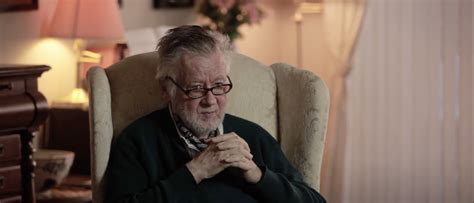A Quote by Harry Browne
Everyone will experience the consequences of his own acts. If his act are right, he'll get good consequences; if they're not, he'll suffer for it.
Related Quotes
[A] private property regime makes people responsible for their own actions in the realm of material goods. Such a system therefore ensures that people experience the consequences of their own acts. Property sets up fences, but it also surrounds us with mirrors, reflecting back upon us the consequences of our own behavior.
A BUSINESSMAN cannot force you to buy his product; if he makes a mistake, He suffers the consequences; if he fails, he takes the loss.
A bureaucrat, forces you to obey his decisions, whether you agree with him or not... If he makes a mistake, you suffer the consequences; If he fails, He passes the loss on to you, in the form of heavier taxes.
Anyone who has actually had to take responsibility for consequences by running any kind of enterprise whether economic or academic, or even just managing a sports team is likely at some point to be chastened by either the setbacks brought on by his own mistakes or by seeing his successes followed by negative consequences that he never anticipated.
The great blessing of private property, then, is that people can benefit from their own industry and insulate themselves from the negative effects of others' actions. It is like a set of invisible mirrors that surround individuals, households or firms, reflecting back on them the consequences of their acts. The industrious will reap the benefits of their industry; the frugal the consequences of their frugality; the improvident and the profligate likewise. They receive their due, which is to say they experience justice as a matter of routine.
Principles always have natural consequences attached to them. There are positive consequences when we live in harmony with the principles. There are negative consequences when we ignore them. But because these principles apply to everyone, whether or not they are aware, this limitation is universal. And the more we know of correct principles, the greater is our personal freedom to act wisely.

































